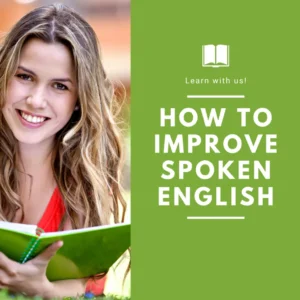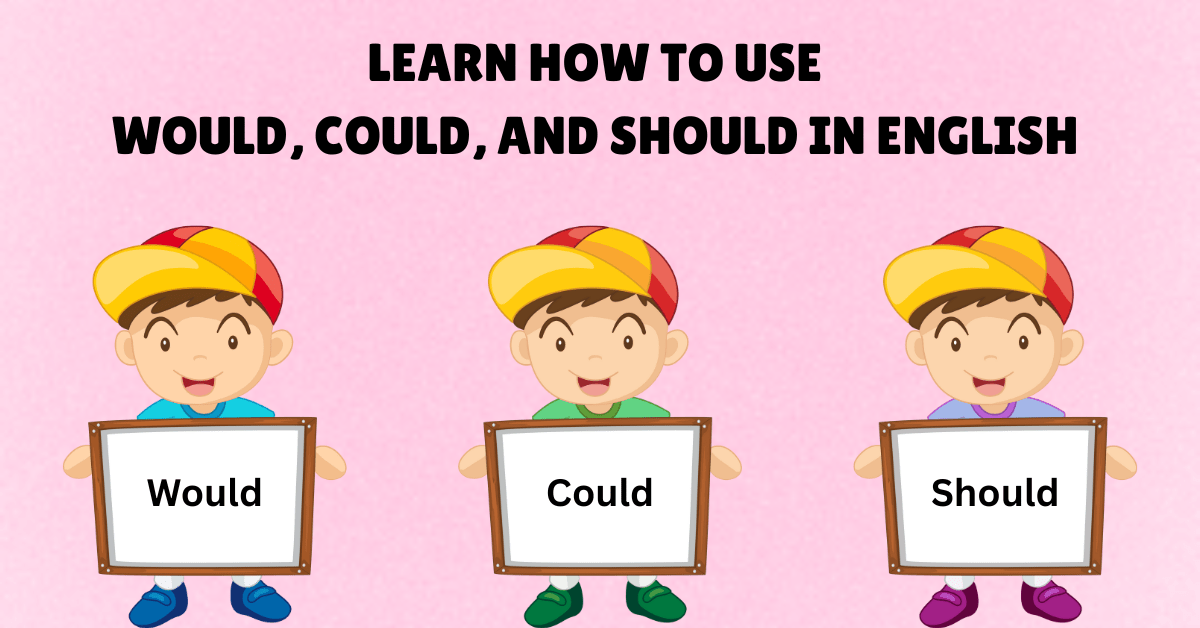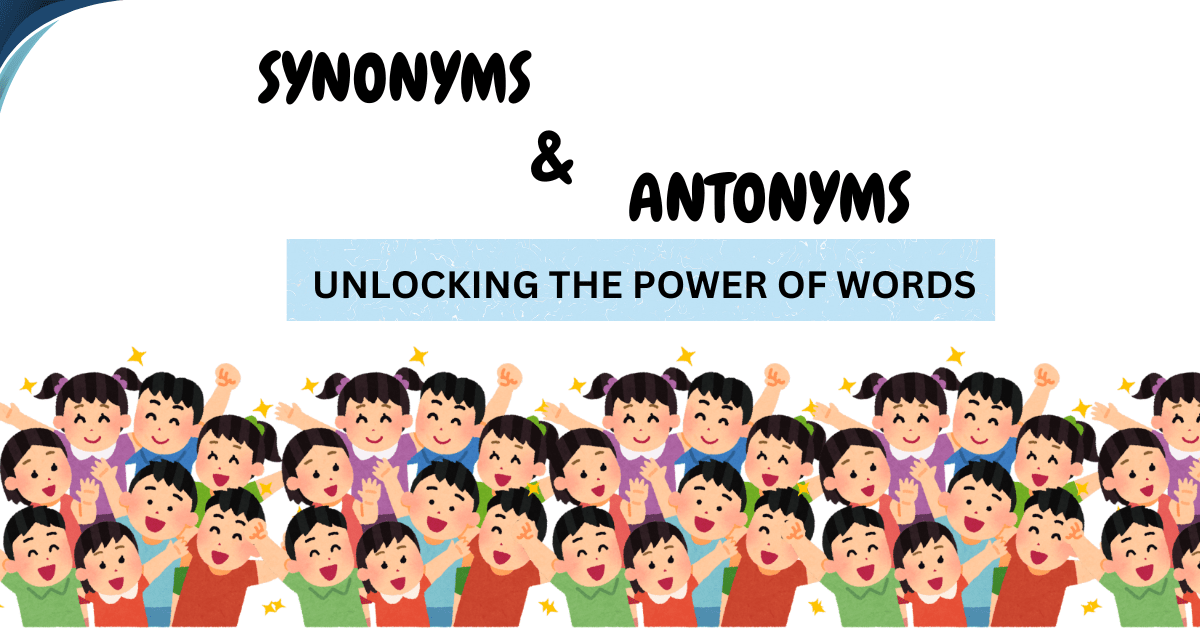
You don’t need a classroom. You need a daily habit.
That’s the truth most learners discover too late.
If you’re someone who understands English well but still struggles to speak fluently and confidently, you’re not alone. The problem isn’t your grammar. It’s your routine. And in this blog, we’ll help you fix that — without ever stepping into a coaching center.
Get ready to discover powerful daily habits that will help you improve spoken English naturally, at your own pace, and from the comfort of your home.
Why Daily Habits Work Better Than Traditional Coaching
Let’s be honest — attending a weekly class and expecting fluency is like going to the gym once a week and expecting a six-pack.
Spoken English is a skill. And like any skill, it grows with daily use.
When you practice a little every day:
-
You reduce hesitation
-
You speak more naturally
-
You stop translating in your head
-
And most importantly, you build confidence over time
These habits don’t require expensive tutors or structured syllabi. They just need consistency, intention, and 15 minutes a day.
1. Talk to Yourself in English (Yes, Out Loud)
This sounds odd, but it works.
Every morning or evening, speak out loud for 2–3 minutes. Talk about:
-
What you did today
-
What you’re planning for tomorrow
-
Something you’re excited or worried about
This builds fluency and helps you hear yourself think in English.
2. Listen & Shadow English Conversations Daily
Pick a video, podcast, or interview — ideally under 5 minutes.
Listen carefully. Then repeat after the speaker, mimicking their tone, pauses, and pronunciation. This is called shadowing.
Great channels to use:
-
TED-Ed
-
BBC Learning English
-
EngVarta’s YouTube Channel
🎧 Bonus Tip:
Use subtitles, but turn them off after the first listen. Let your ears do the work.
3. Use English Speaking Apps for Live Practice
Apps like EngVarta connect you with live English experts over phone calls. You can talk about your day, prepare for interviews, or practice conversations — without fear of judgment.
It’s flexible, affordable, and gives you what textbooks don’t:
real-time human interaction.
In fact, if you’re still trying to figure out which app fits your fluency needs, you might enjoy reading this:
👉 5 Best English Speaking Practice Apps in 2025 – Tried & Tested
Why it matters:
Practice with real people boosts confidence, teaches you practical vocabulary, and helps you apply grammar naturally, not robotically.
4. Think in English Throughout the Day
Start small. Instead of thinking:
“Mujhe paani peena hai”
Train your brain to say:
“I need to drink water.”
Every time you think a sentence in your native language, pause and translate it mentally. Eventually, English will become your default language of thought.
5. Record, Reflect, and Repeat
Once a week, record a 1-minute video of yourself speaking on a topic.
It could be:
-
Your opinion on a current event
-
A short story from your past
-
A response to an interview question
Then listen back, notice filler words, hesitations, grammar slips, and reflect.
Pro Tip:
Don’t aim for perfection. Aim for progress. If you sound 5% more fluent each week, that’s a win.
6. Use Vocabulary Flashbacks, Not Just Flashcards
Instead of only memorizing new words, reuse them in your own sentences throughout the day.
Learn the word “productive”?
Say: “Today was a productive day at work.”
Learn “hesitate”?
Tell a story: “I used to hesitate while speaking English.”
This is called vocabulary reinforcement in context, and it’s far more effective than repetition alone.
Conclusion: Build a Life That Uses English, Not Just Learns It
Fluency doesn’t come from a course.
It comes from daily, deliberate practice.
When you build your day around these habits — speaking, listening, thinking, shadowing, and reflecting — English stops being something you learn, and becomes something you live.
You don’t need a classroom.
You don’t even need perfect grammar.
You just need the courage to show up — for 15 minutes a day — and speak anyway.
Want to Start Practicing Today?
Apps like EngVarta make it easy to start speaking from Day 1 — with real experts, no judgment, and full flexibility.
Check out EngVarta to begin your daily habit.
Frequently Asked Questions
-
How long does it take to improve spoken English?
It varies by individual, but daily 15-minute practice can show visible improvements in 3 to 6 weeks.
-
Which app is best to improve spoken English?
Apps like EngVarta are highly recommended because they offer live conversation practice with English experts.
-
Can I improve spoken English without joining a coaching class?
Yes! With daily speaking habits, apps like EngVarta, and consistent listening + shadowing, you can become fluent without formal coaching.



